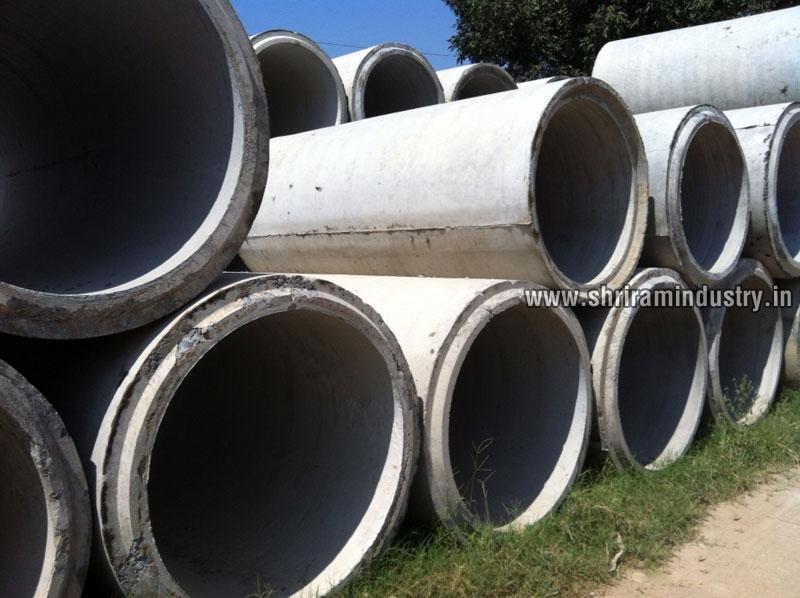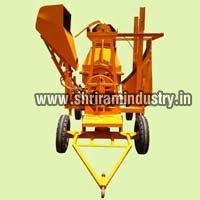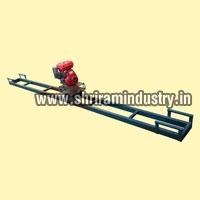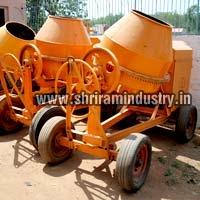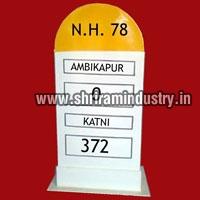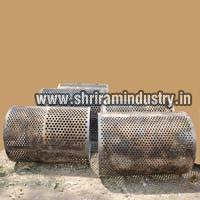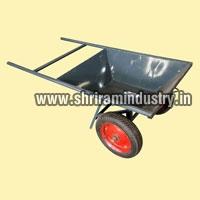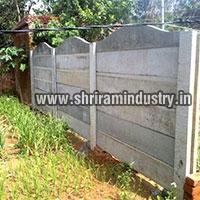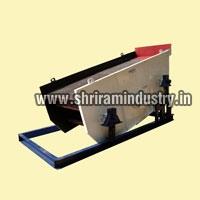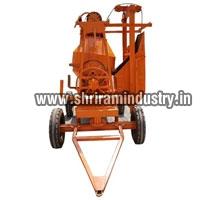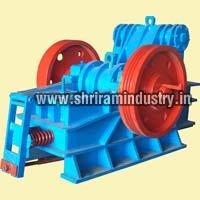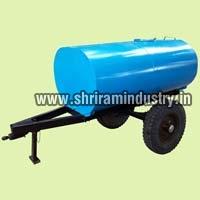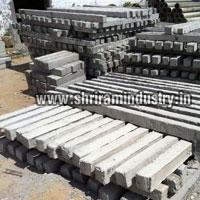Ambikapur, Surguja, Chhattisgarh
- GST NO. : 22AGMPA3228N1ZI
| Business Type | Manufacturer, Exporter, Supplier, Retailer |
| Type | Hume Pipes |
| Material | Cast Iron, Concrete |
| Diameter | 1 Inch, 1/2 Inch, 2 Inch, 3 Inch, 4 Inch |
| Click to view more | |
Preferred Buyer From
| Location | India ( Chhattisgarh only) & All other countries |
Product Details
We bring forth RCC Hume Pipes up to 1200 mm dia are exclusively reserved for manufacture in the SSI sector. These Reinforced Cement Concrete Hume Pipes are widely used for water drainage, sewerage, culverts and irrigation. RCC pipes are classified as pressure and non pressure pipes viz. NPI, NP2, NP3, P1, P2, P3 for use in specific conditions. These pipes are made from cement, coarse and fine aggregate, sand, mild steel and HB Wires and Bars.
Market Potential
Public Health Engineering Department, Public Works Departments, Agriculture, Horticulture and Forest Department, National Highways, Environment Engineering Department, Panchayats Municipal Corporations are the bulk consumers of RCC Hume pipes. Most of the customers are approved civil contractors who are executing the works of the Government Department and Public Sector Undertakings. Presently government is giving stress on rural irrigation and improving methods of water supply scheme, so the demand for pipes is increasing.
Process of Manufacture
The reinforced cage is first prepared on the cage-winding machine by hand process. The cage is then placed inside the pipe mould which is then hoisted up and mounted horizontally on the turn unions. It is rotated by driving shaft with variable speed arrangement, the rotation is kept slow in the beginning and then the speed is increased. The concrete mixture for the RCC Hume pipe is prepared in proportion of 1:2:5:2:5 of cement stone, metal and sand respectively. The cement concrete is fed into the moulds during rotation which spreads inside evenly. The time required for completion of this operation depends upon the diameter and class of the pipe. The pipes are kept in the mould for 24 hours. On the following day the pipes are removed from the moulds and submersed in water in the curing tank for about 15-20 days depending upon the class of the pipe. The specimen of the pipes is subject to the following tests viz: (1) Hydrostatic pressure test (2) Three edge bearing test (3) Absorption test (4) Permeability Test.
Quality Control Test & Standards : The Bureau of Indian Standards has formulated IS 458:2003, for maintaining Quality of the product. Our Products has been tested by DGS&D and SGS Company.
Looking for "RCC Hume Pipes" ?
Explore More Products


